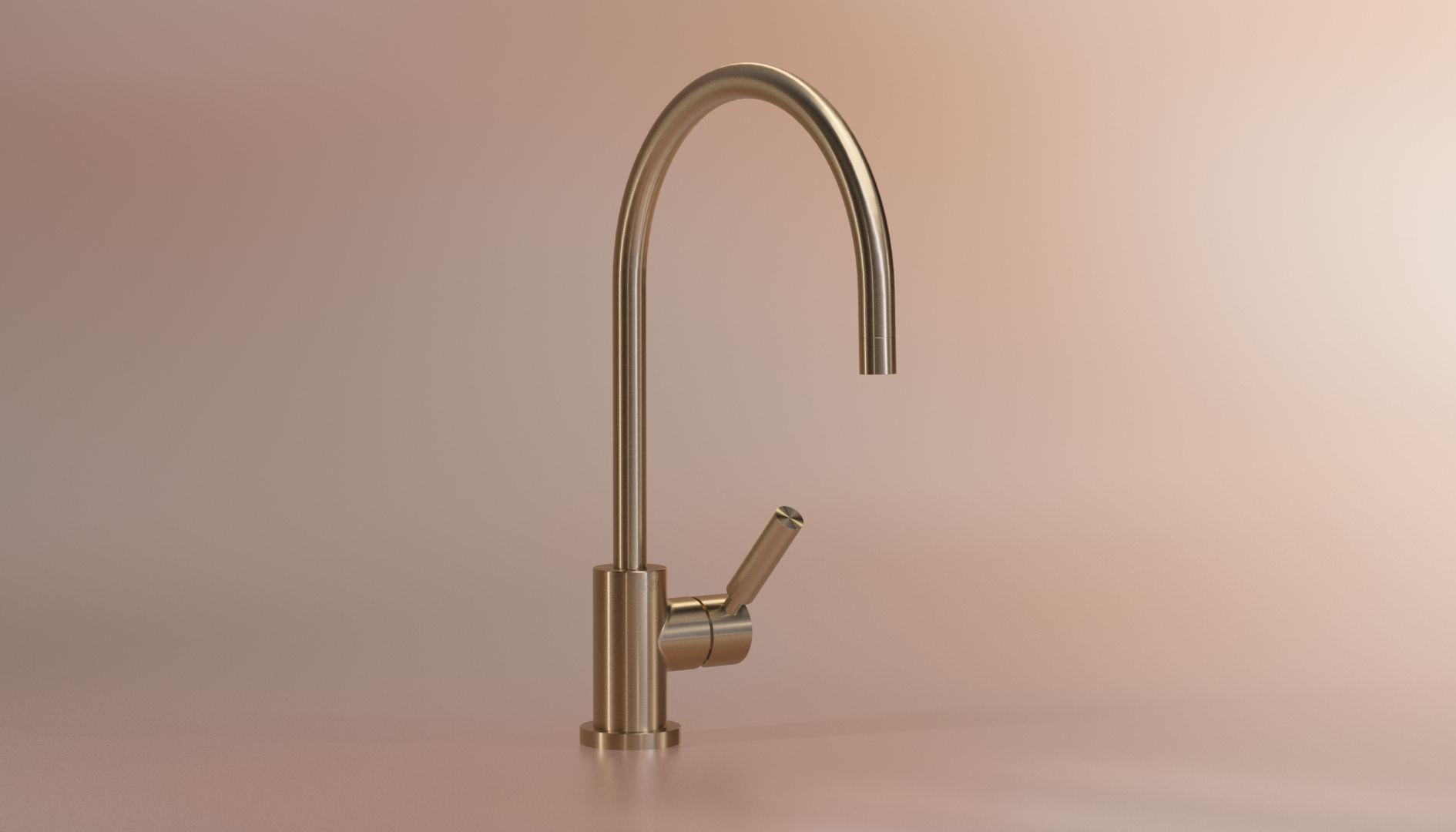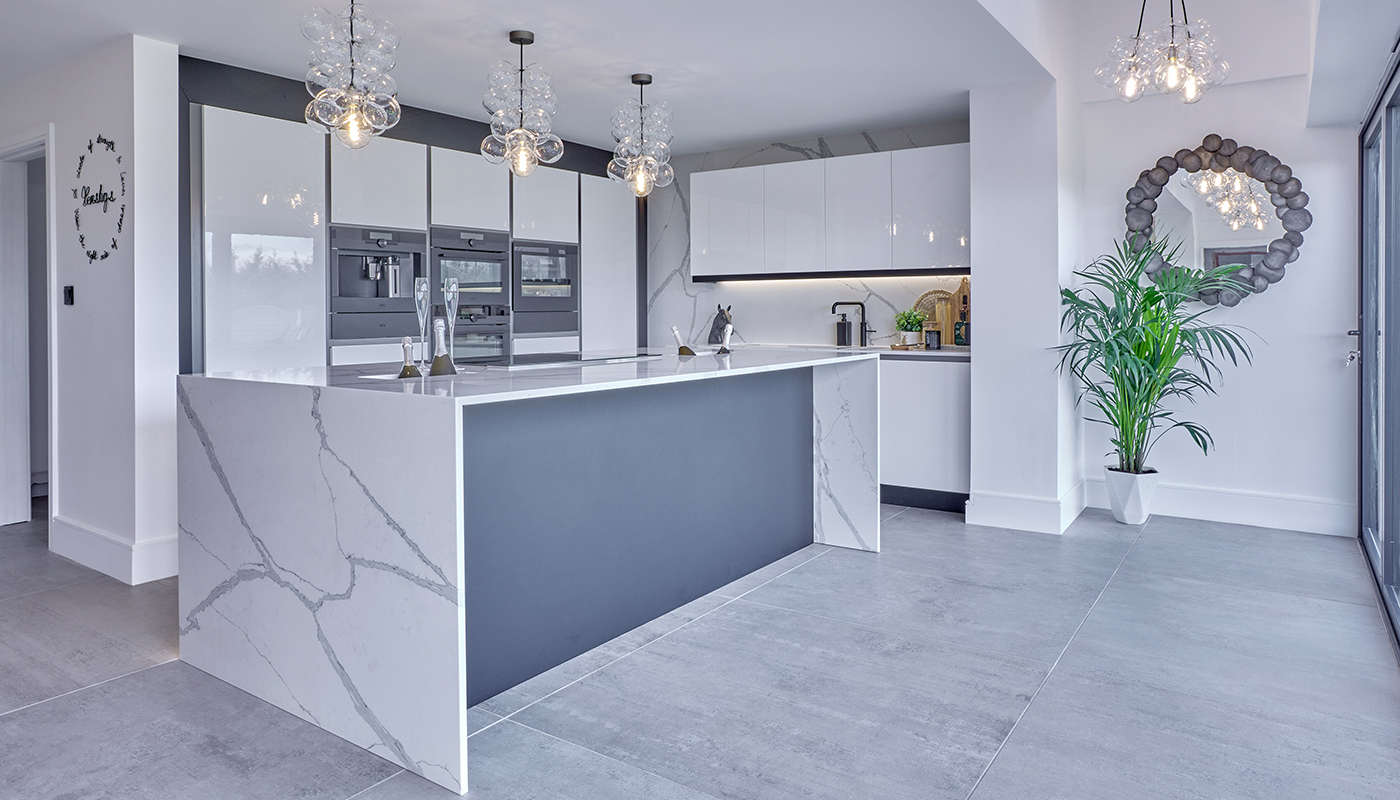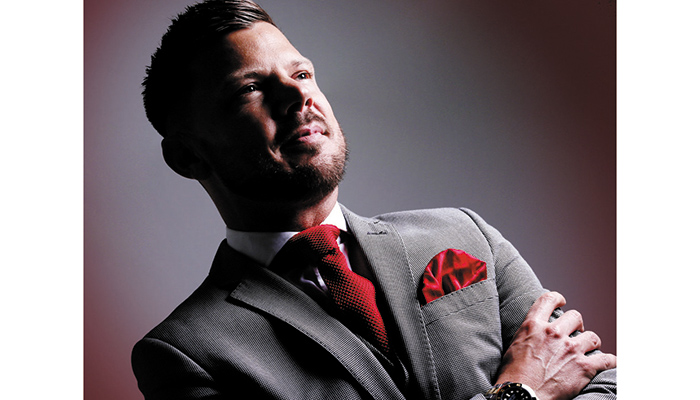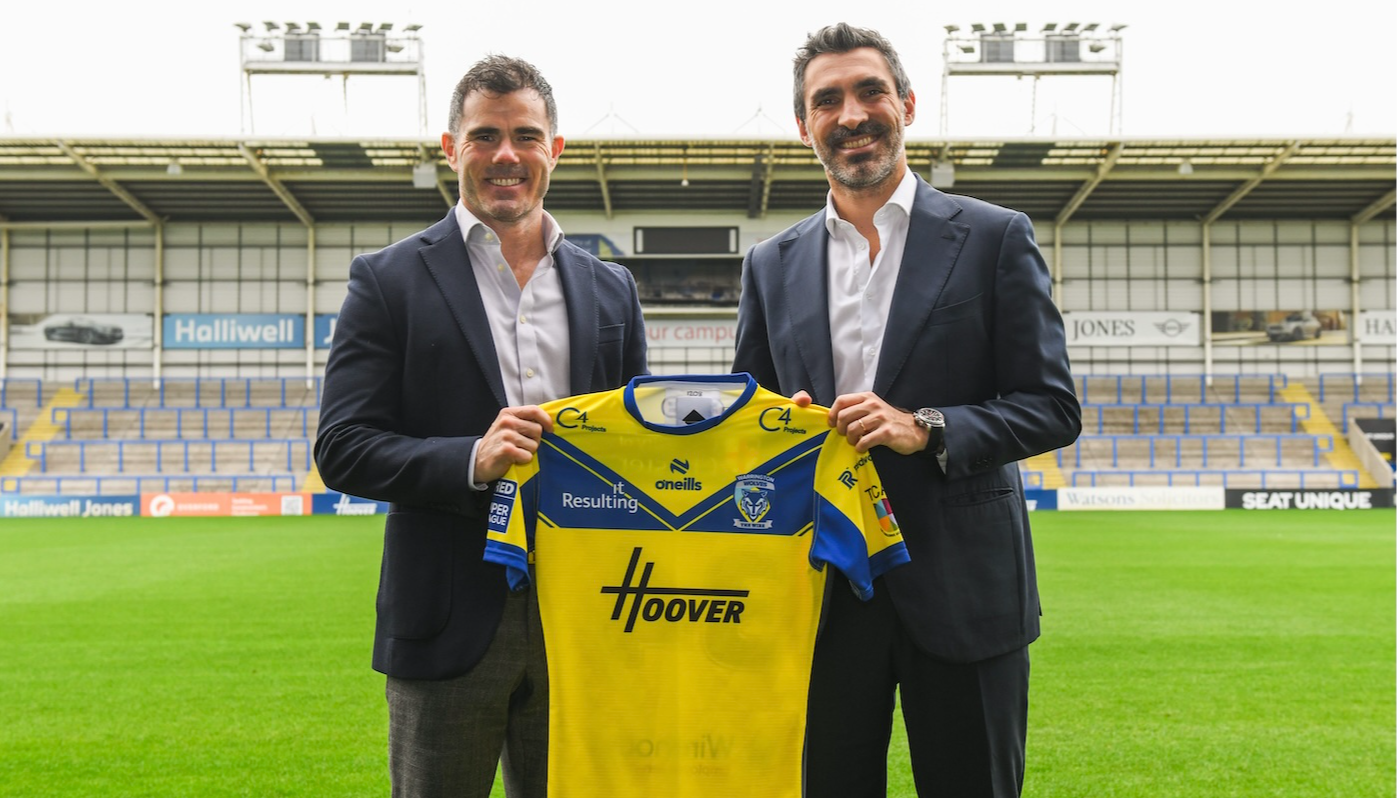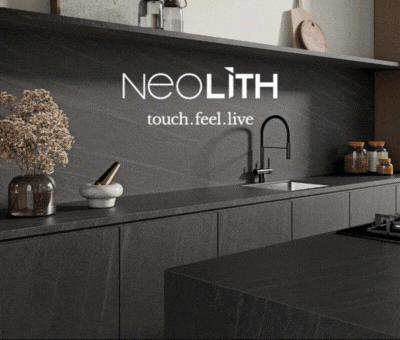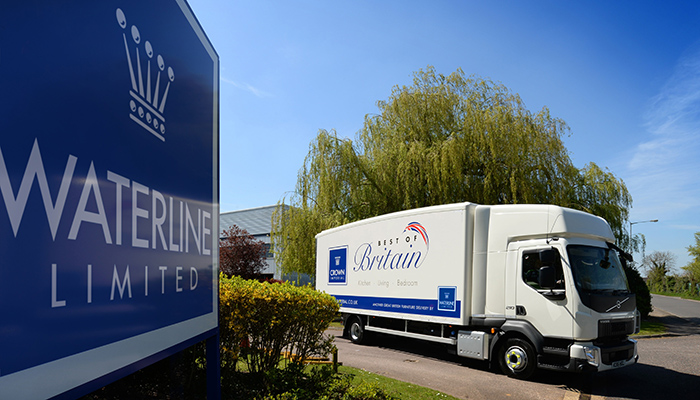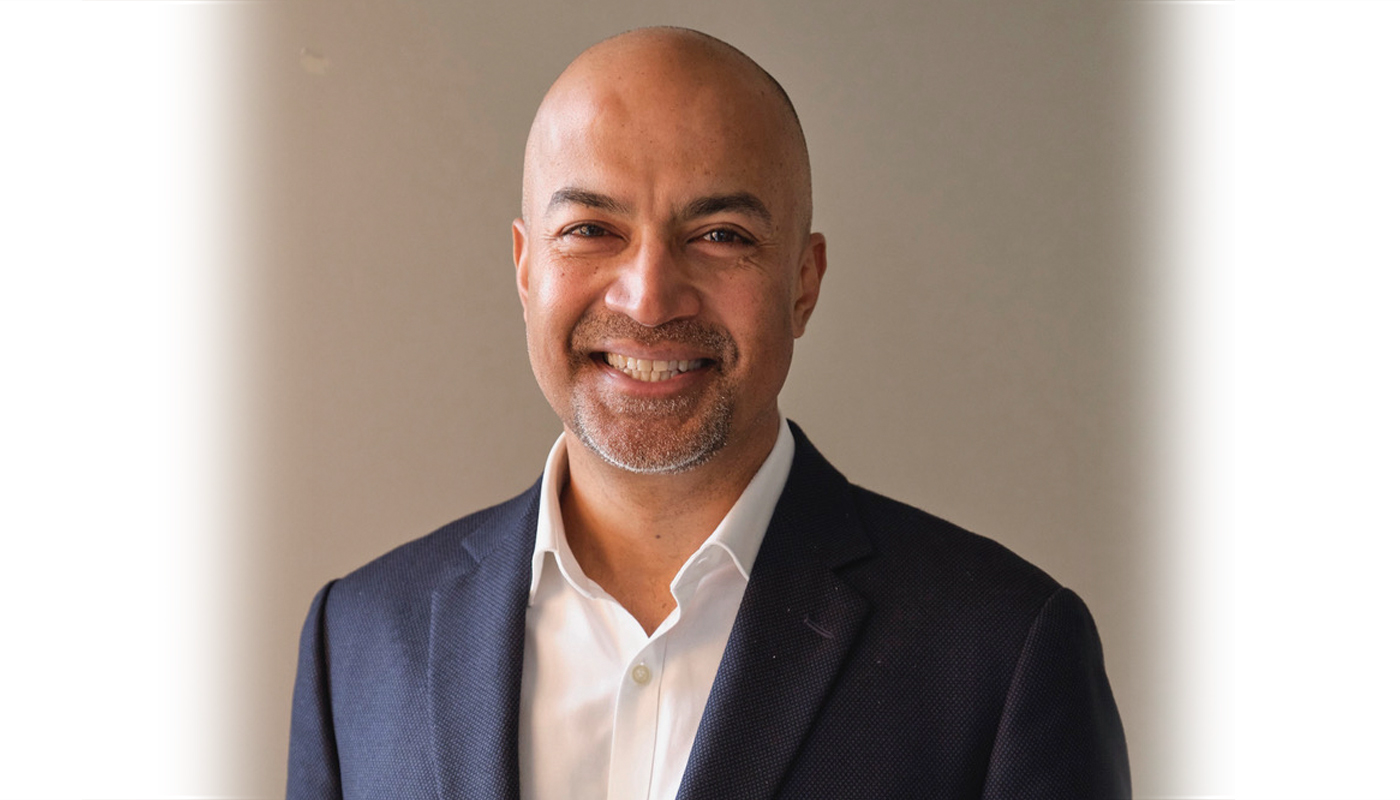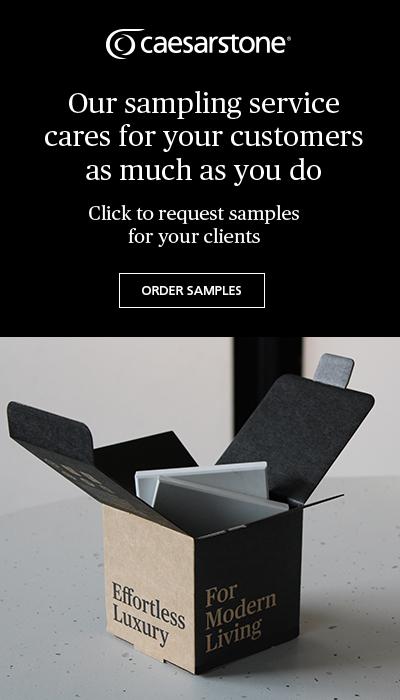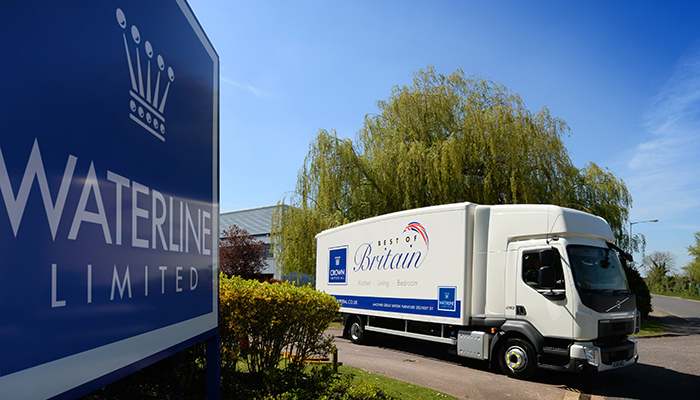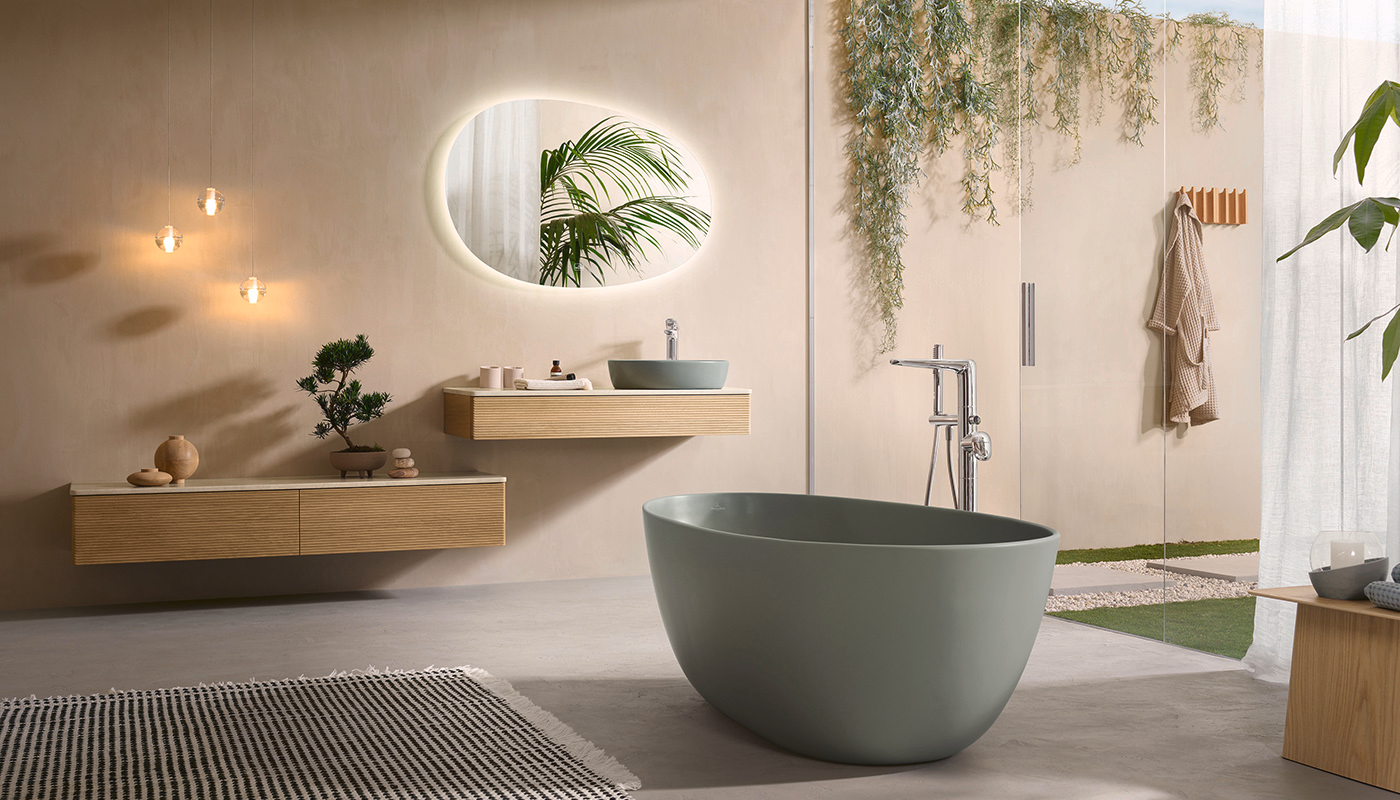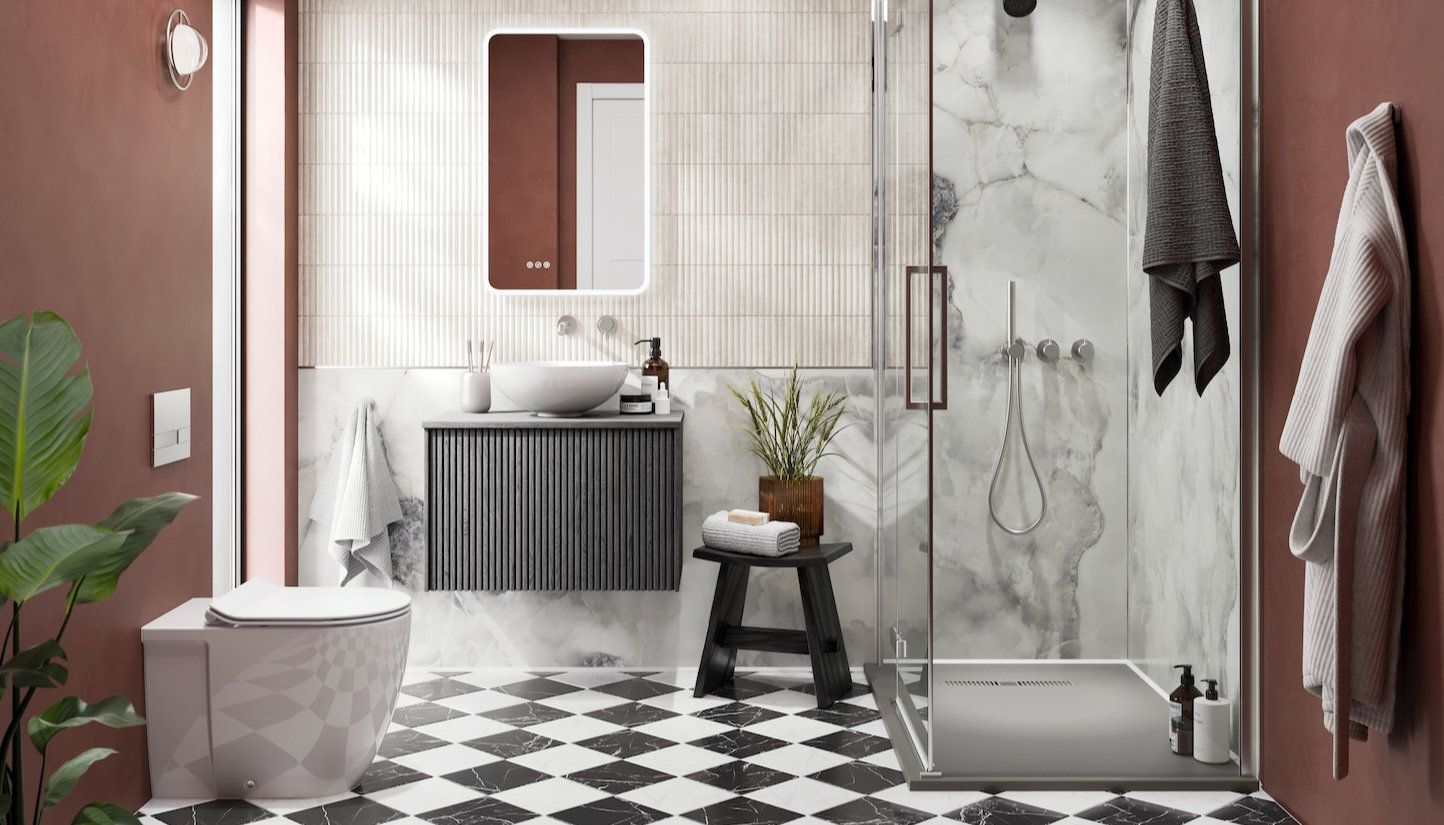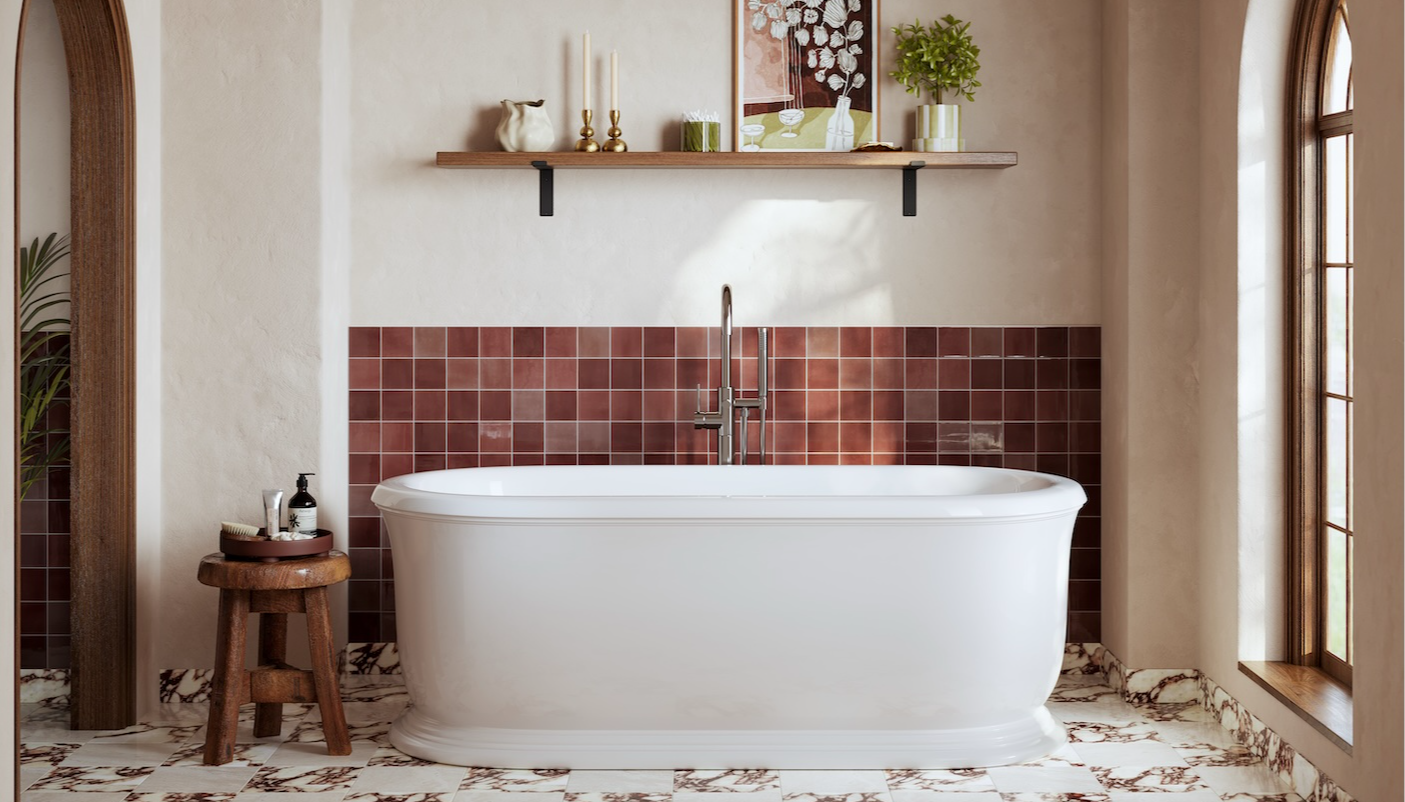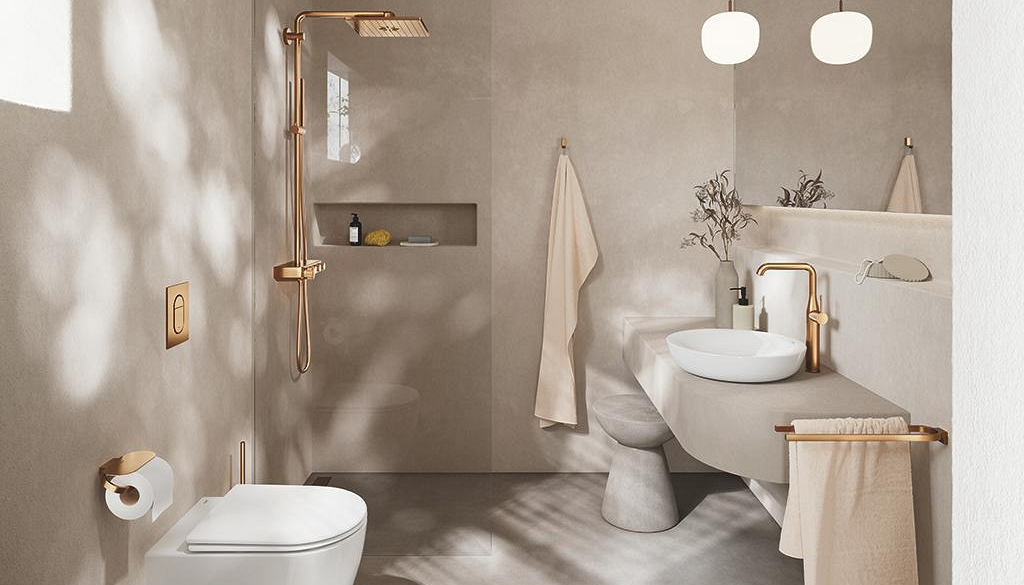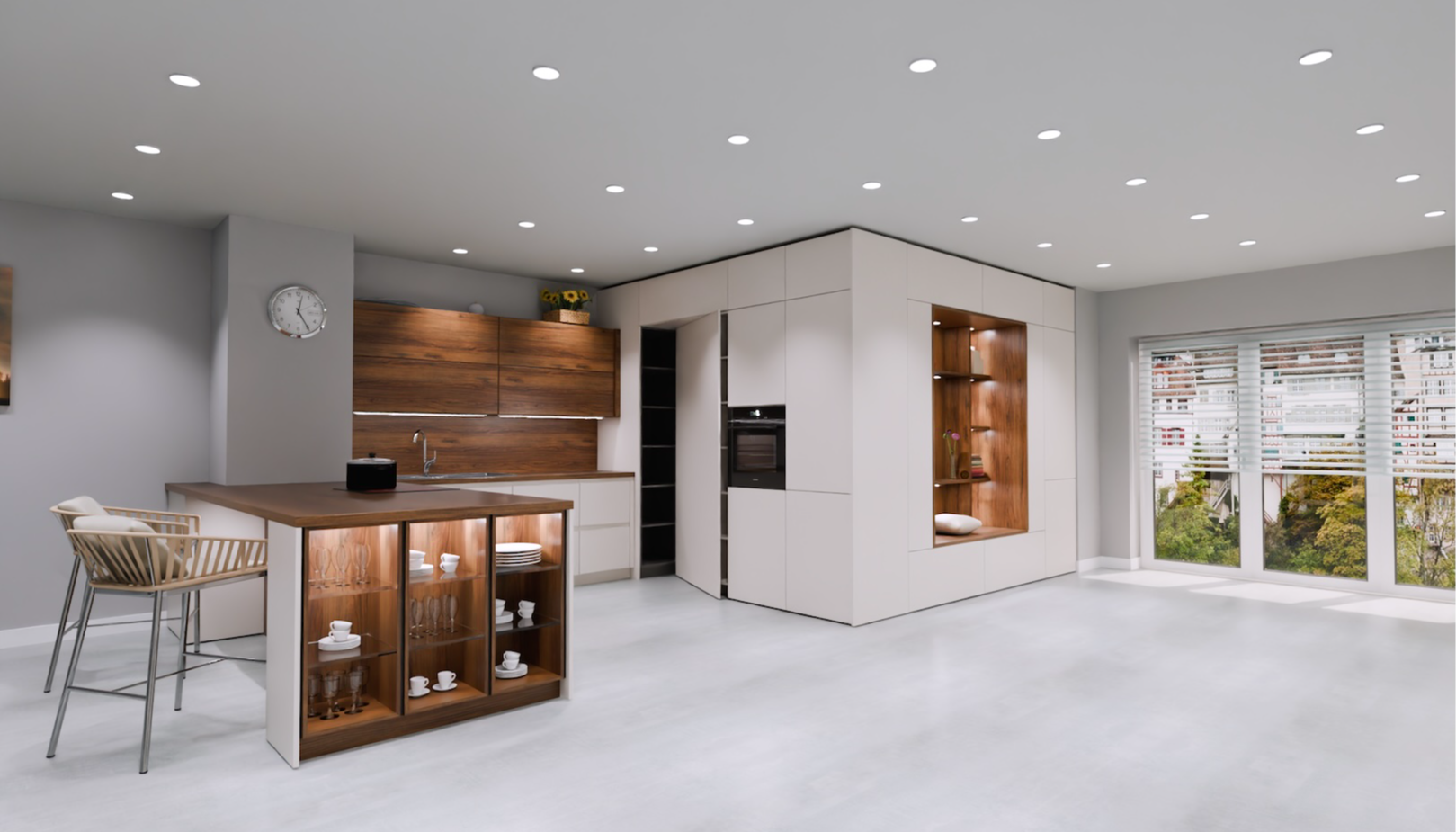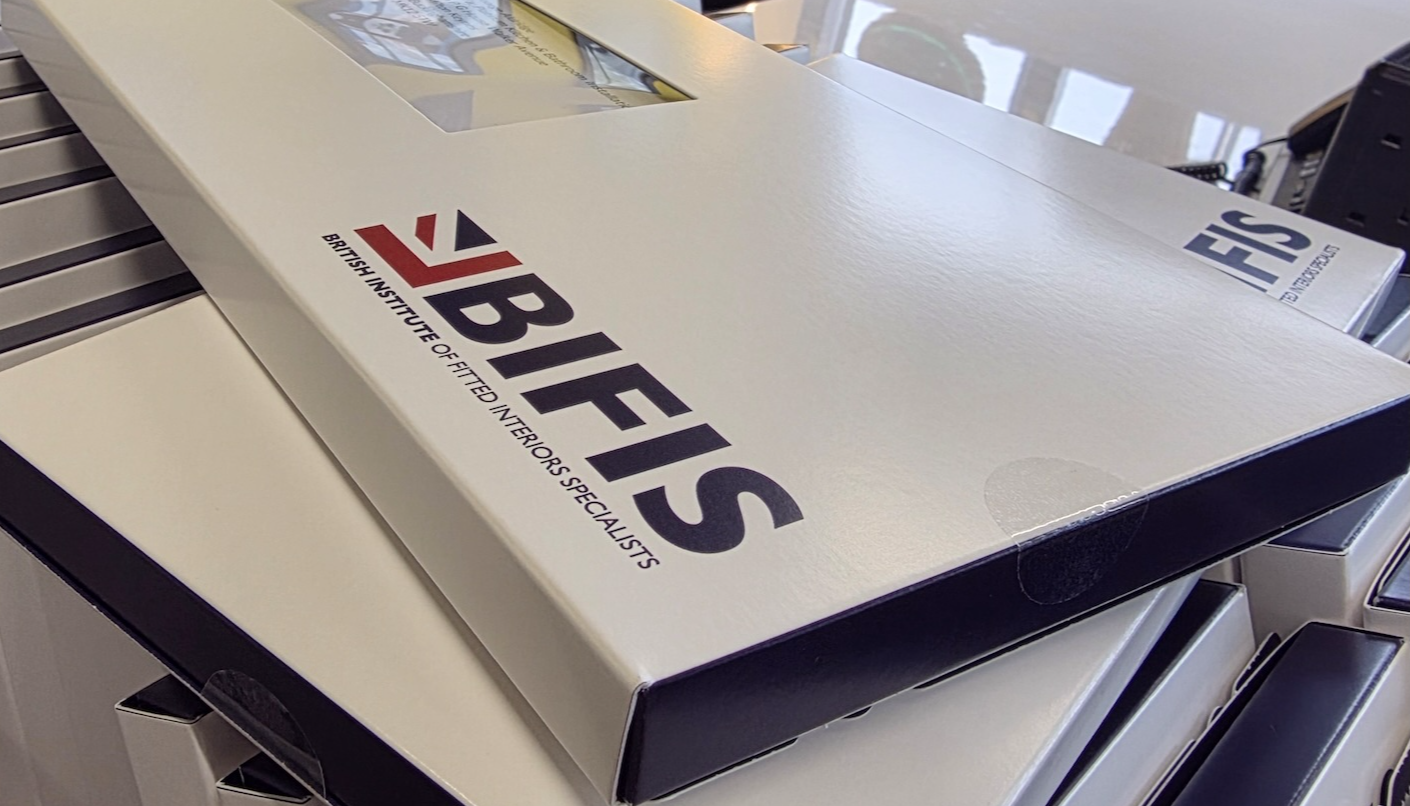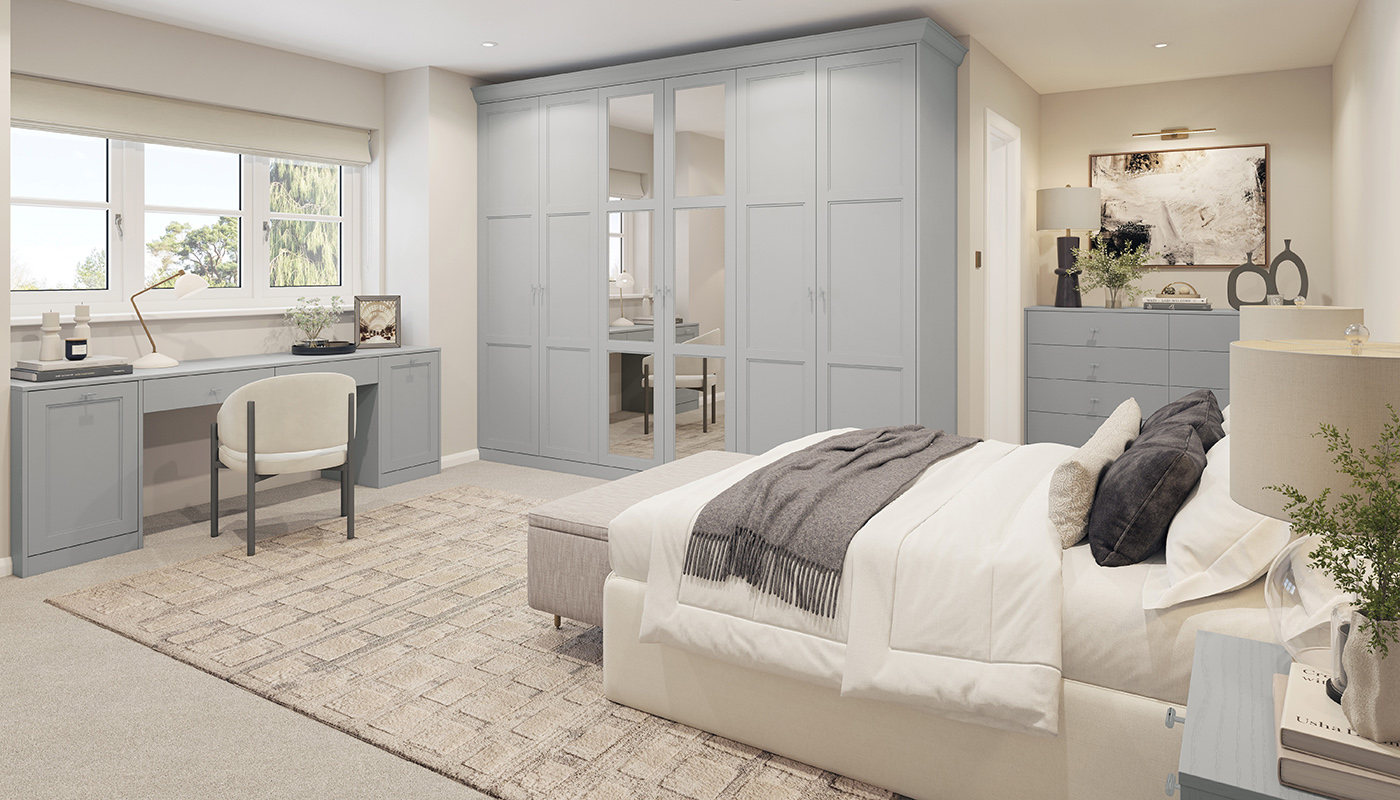Interview: Tim Higham – Not having showrooms has helped us thrive
Wed 19th Feb 2025 by Tim Wallace
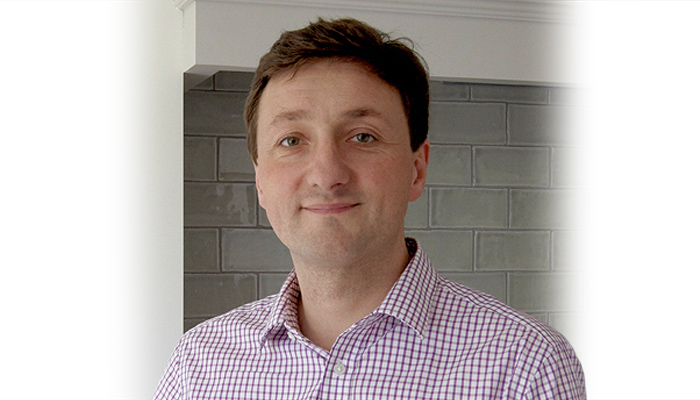
Interview: Tim Higham – Not having showrooms has helped us thrive
Tim Higham, the owner of Fulham-based Higham Furniture, tells Tim Wallace about his innovative and highly successful retail strategy.
Maybe there’s some truth in the old adage that if you want something doing right, do it yourself. Take Tim Higham for example, who was so disappointed with the handmade kitchen he bought back in 2004 that he decided he could better.
Originally from an IT background, Higham had made good money in the dot-com boom of the nineties. But when boom turned to bust, he met up with a friend who happened to be a joiner and took the brave decision to launch his own bespoke furniture company.
“It was a bit naïve because making kitchens is more complicated than I imagined,” he admits, “but I’m good at understanding what clients want and I’m good at making sure there’s enough money to pay the VAT man. I’m not very good at making stuff but that’s why I’ve got a workshop of talented people.”
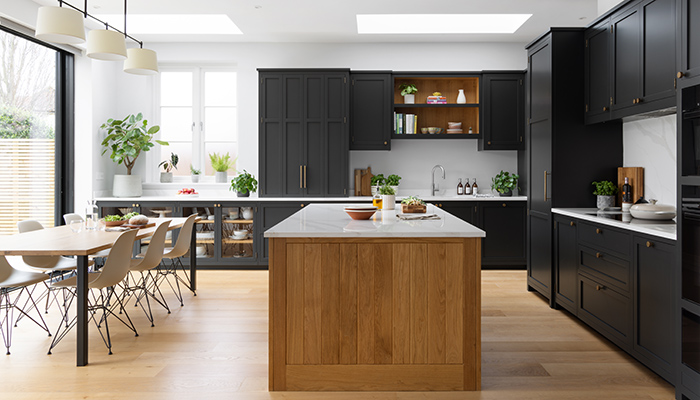
Higham Furniture now employs around 34 staff, including 8 designers and a team of bench joiners based at the firm’s workshop in Denmead, Hampshire. Covid year aside, the company has grown steadily and organically and is entirely self-funded. “It’s boring and safe but it’s made us quite resilient,” Higham says. Last year saw turnover increase by 20% to £3.5m, which in tough times, he describes as “phenomenal but manageable”.
“This year it should rise to about £4m,” he adds. “But I’m less confident about the market so I’ll be happy if we flatline. The business is easy to run when money is cheap, inflation is low and the housing market is buoyant. But currently it’s more expensive to borrow and without a buoyant housing market people struggle to justify investing in their homes.”
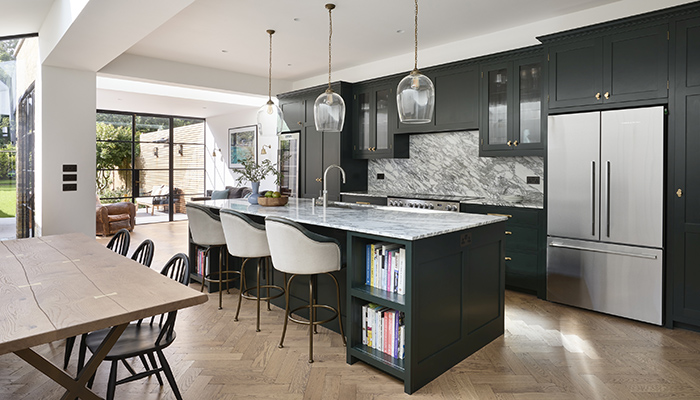
The company is run by Higham and business partner Siobhan McCollum and does about 100 projects a year. Raw materials are supplied by Latham Timber. The aim from here is to take on fewer jobs but for a bigger return: “We’re what you call a kitchens-plus company,” Higham explains. “If we get anything on top of the kitchen it’s a bonus. But something happened during Covid where clients seemed to trust us and involve us in other areas so we’re pushing ourselves to learn more. Last year we also went up a notch and found customers who perhaps didn’t need a mortgage to fund the kitchen.”
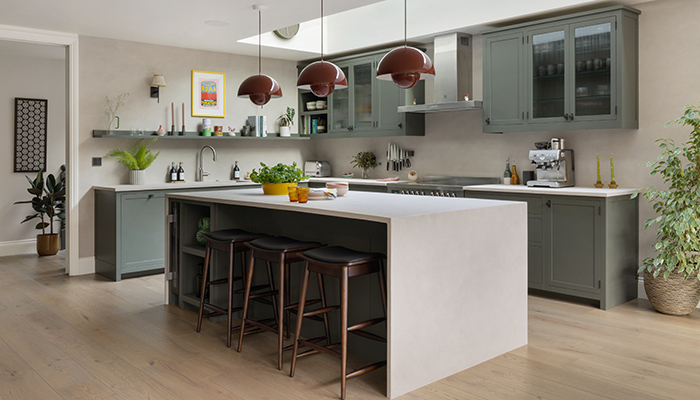
The firm’s competitors include Harvey Jones, Roundhouse and Tom Howley but Higham has developed a business model based on significant points of difference. “When I first launched the company, I did Google ads and decided I could sell kitchens online without a showroom,” he explains. “They’re expensive to staff and set up so it’s been my mantra ever since not to have one. Customers tend to walk in and take a brochure with no intention of buying. It’s a lot of work for very little return. To run showrooms successfully, each one needs to be making £2m turnover a year, but much of the profit is lost to rates, rent, wages, furniture and appliances.”
Instead, Higham works from a small studio in Fulham where clients visit by appointment only. “It's just a second-floor office with a posh staff kitchen and lots of handles,” he explains. “Some customers come here and for the first 10 minutes they wonder what on earth they’ve done, but then they start to warm up and realise they can have whatever they want. We have a library of pictures of previous work and a great website. We also do a lot of digital marketing and use platforms like Instagram.”
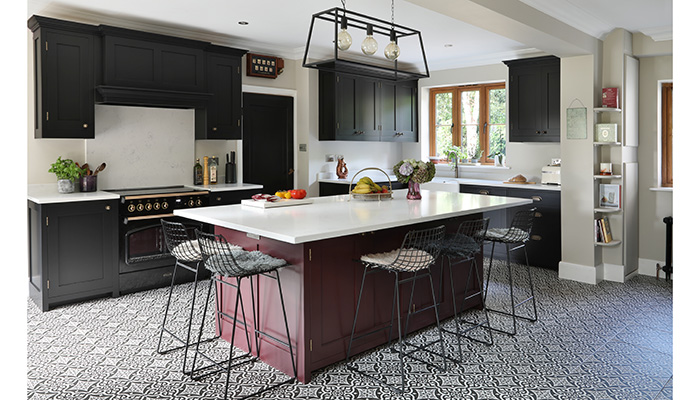
Because of his IT background, Higham describes himself as a “technical designer” and admits it’s years since he took his one and only training course – run by industry stalwart Renee Mascari. His no-nonsense design philosophy is also refreshing: “I don’t care if a kitchen is green, blue or whatever. My first stage is where the bloody sink’s going, and the hob, the fridge, the island… I add balance and symmetry.”
The company has also developed an inset handle kitchen that bridges the gap between handleless and handled. Designed by Higham, the handles are exclusively made by Armac Martin. The business also partners with the Little Greene Paint Company, which provides them with an exclusive range of paints.
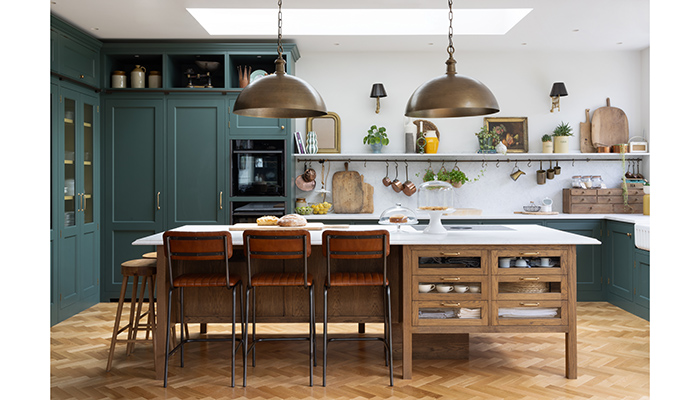
Higham has chosen not to charge for designs, admitting that by not having a proper showroom the firm needs to work a bit harder to win the trust of the client. But he insists that he can offer furniture that is truly bespoke, unlike competitors who have found it difficult to scale as they’ve grown in size. “Their product may be still be nice but it’s become simpler and simpler – just so they can train their designers more quickly and go through the production more quickly,” he claims. “Instead, our kitchens are really complex. They’re all different. I used to think you need to look at a kitchen and immediately recognise the brand but no, we produce a unique hand-painted, hand-finished product every time.”
Higham is disappointed by the Government’s decision to raise the minimum wage, which he says will “nobble growth” and make it less attractive to train up apprentices: “One year we took on 4 apprentices but after 2 years none of them had stuck around,” he adds. “We still take on trainees but without the structure of a full formal apprenticeship with a qualification.”
The firm’s success, Higham insists, comes not just from its innovative designs but from superior service levels and the quality and reliability of its fitting teams: “We have a very talented projects manager called John Simmonds who speaks fluent builder,” he smiles. “He’s a real bridge between the design and the construction.”
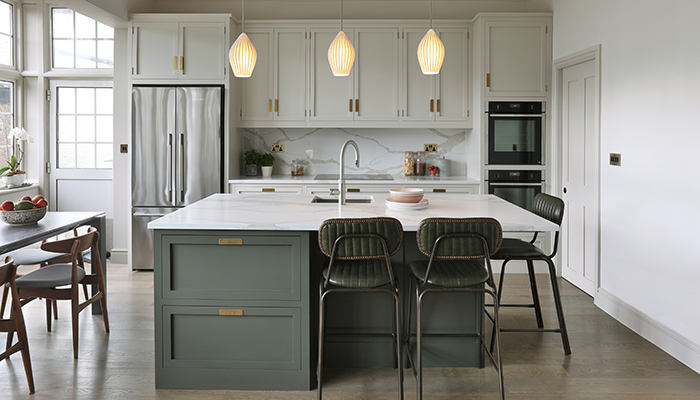
The company is known for its painted Shaker style but is seeing the market shift to more hybrid designs featuring a contrasting island. Higham is now experimenting with more modern styles featuring natural, stained or slatted wood finishes.
“Our overriding message is that we’re thriving,” he concludes. “We won’t be buying out Ikea any time soon but we’re a strong, stable, growing company that’s able to offer a high-quality bespoke product. We’re more than just a painted Shaker kitchen company; we’ve created our own handle styles and our own colour sets. We’re really flourishing with a confidence that goes beyond shaker kitchens. That’s what makes me so proud – the confidence to be creative.”
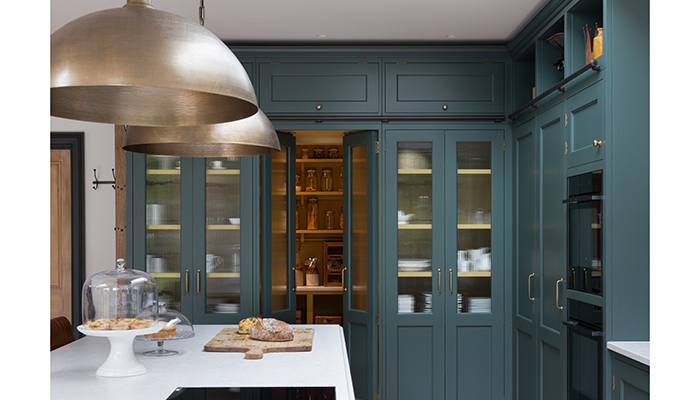
Tags: interview, features, tim higham, higham furniture, kitchens
In Other News
Sign up to our newsletter
Crown Imperial – New autumn bedroom inspiration
Sun 12th Oct 2025





